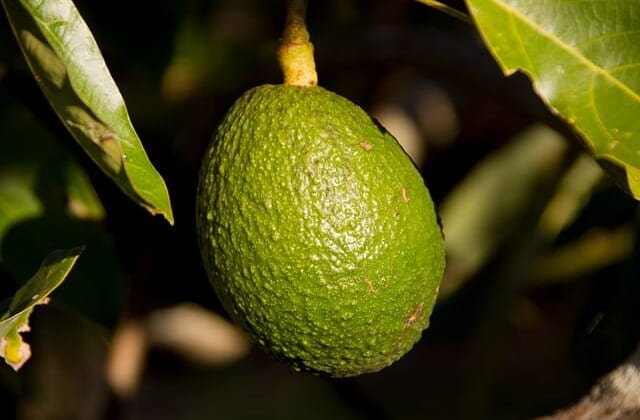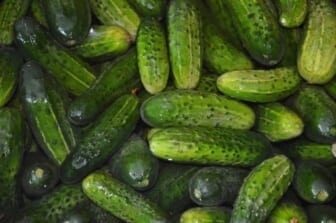
In the late 1990s, loosened import restrictions on avocados from Mexico allowed the entire US to enjoy year-round access to the fatty super fruit that’s become a staple in many households.
Avocados had previously only been available on the West Coast for a few months out of the year. As they became more available, the country fell in love with their versatility, their decadence, and eventually their extraordinary health benefits.
The benefits of eating avocados?
Avocados contain nutrients that have been shown to be healthy for our hearts, eyes, bones, digestive tracts, and mental health:
Compounds found in avocados and other fruits and vegetables have also been shown to prevent many types of cancer and even help protect against birth defects.
Not to mention, their creamy, buttery taste attracts vegans and meat-lovers alike. No wonder they’ve made their way into everything from green smoothies to fast food burgers.
What is Dry Fasting?
Avocado seeds
Now researchers are interested in a previously unexplored part of the avocado. What if the part we throw in the trash is actually the most valuable?
Instead of focusing on what the avocado offers us nutritionally, researchers who recently presented a new study at a meeting of the American Chemical Society are focusing on what we can do with the unique compounds found in the husks of the avocado seed.
Neither the seed nor its husk is edible. Of course, that doesn’t necessarily stop people from finding ways to eat them, but there’s no solid evidence that you should go through the trouble:
It hasn’t yet been established whether or not they’re beneficial or even safe to consume. While there are some indigenous cultures that have a history of consuming the seed or using it medicinally, it’s not food humans typically eat, and very little is known about its possible long-term effects.
Research into the avocado husk and seed
What researchers are interested in now is the potential that the compounds in avocado husk seeds may have to treat diseases. According to one of the researchers on the study team, Debasish Bandyopadhyay, Ph.D., “It could very well be that avocado seed husks, which most people consider as the waste of wastes, are actually the gem of gems because the medicinal compounds within them could eventually be used to treat cancer, heart disease, and other conditions.”
For the study, Bandyopadhyay’s team ground about 300 dried avocado seed husks into 21 ounces of powder. They then processed the powder into about three teaspoons of seed husk oil and about an ounce of seed husk wax.
Quantity of avocado seeds
This may seem like an inconsequential amount of product to come from so many avocados, but the world produces over 5 million tons of avocados annually. A conservative estimate puts that at 20 trillion avocados, meaning that the world produces enough avocado seed husks to produce over 66 million times the amount of final product analyzed in the team’s study.
Their analysis found 116 compounds in the oil and 16 compounds in the wax, many of which are not known to be found in the actual seeds of the avocado. In the oil, the researchers found behenyl alcohol, a key ingredient in anti-virals; heptacosane, a compound that may slow or stop the growth of tumor cells; and dodecanoic acid, a compound that increases HDL cholesterol (“good” cholesterol) and may help reduce the risk of arterial blockages.
Researchers also found that the wax contained a compound used to “plasticize” materials to promote flexibility. This compound is used in plastic shower curtains and medical devices. The team also found compounds used in cosmetics.
Chemicals found in plastics
In light of these findings, Bandyopadhyay also included in his statement that the team’s results “also suggest that seed husks are a potential source of chemicals used in plastics and other industrial products.”
Bandyopadhyay’s team’s research is only the tip of the iceberg. More research is needed to fully determine the practicality and potential uses of these compounds, but there’s hope that these natural compounds could be modified to create newer and better versions of current medications.
And the use of these compounds would make use of a product that’s typically thrown out. While avocado seeds are used by some manufacturers to produce avocado oil, the husk is discarded in the process.

Why Diabetics Should Try Eating Cucumber
